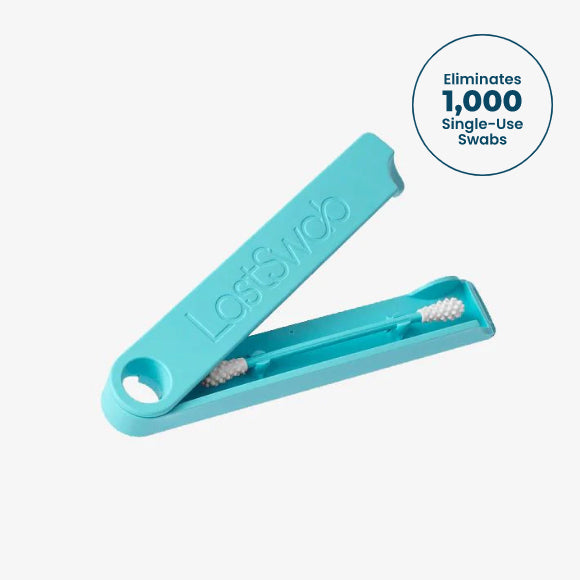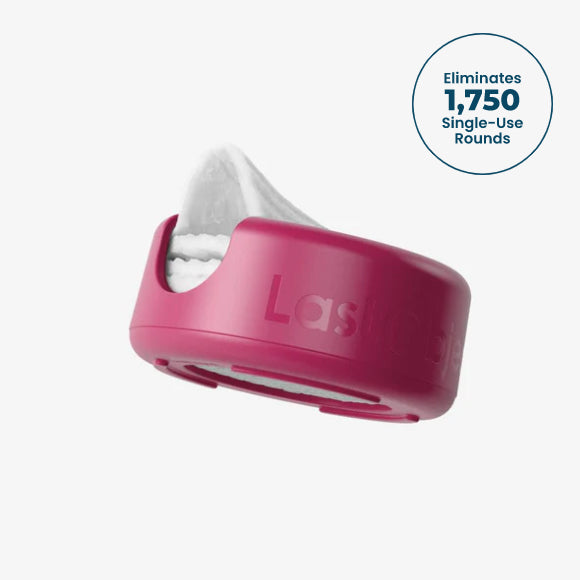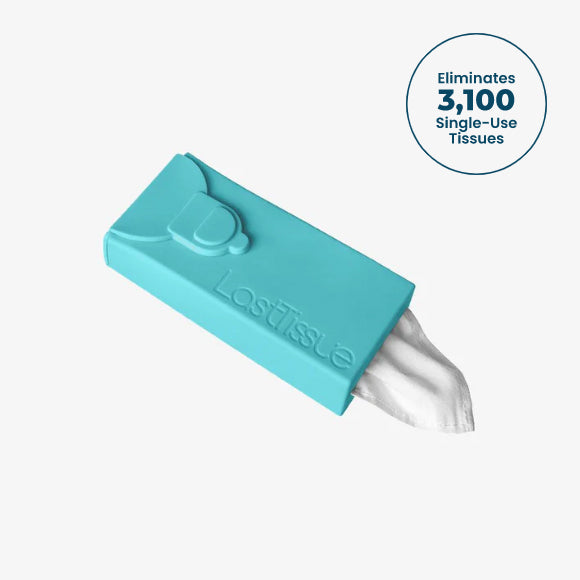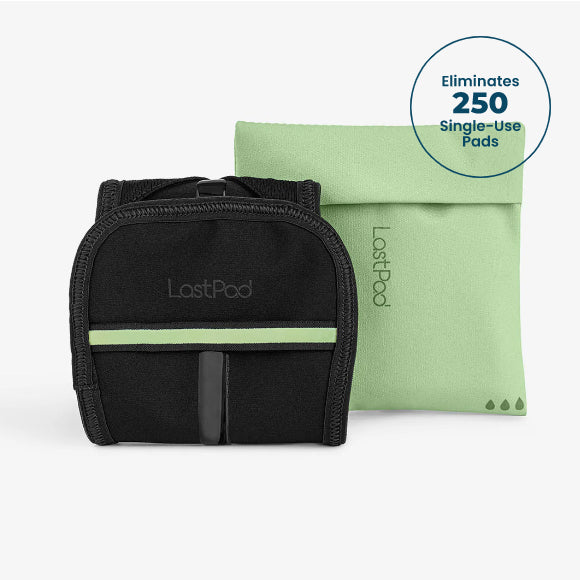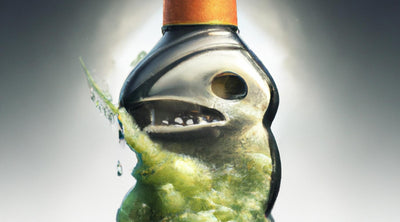Greenwashing: "Natural" Products
14 Oktober, 2020All natural.
With natural ingredients.
Made from natural fibers.
Natural flavor.
These all sound great! Natural means better for us, and probably better for the planet too!
That is if, the word natural is used in the strictest of terms. And not just a word to sell more product.
Welcome to greenwashing of the word natural.
Regulation of the word Natural

🗺In most parts of the world, there is little to no regulation on what constitutes the ability for something to be labeled as natural.
This is bad because technically anyone could use this word in anything. And while countries in the EU have standards for ingredients like natural flavouring, those regulations are still slim, while other countries don’t even have those regulations at all.
In which case, 🚙car tires could be labeled as natural, right?
Yuck.
How this affects our health

In countries like the United States, the term natural flavor can arguably be the least transparent and most misleading ingredient. With absolutely no regulation on these terms, anything can be used to create these natural flavors even if they are far from natural. Or healthy.
By calling something all natural, this gives us the impression that something is healthy. Because man-made ingredients in regards to chemicals are usually rather the opposite.☠️
This leads us to a false sense of health which makes us buy more products with these labels. Which could inevitably lead us to a less healthier life.
How this affects the planet

Naturally (lol), we tend to believe that a material or ingredient that is of 🌱natural origin is better for the planet. For the most part, this can be true. But even that is pretty complicated.
And it becomes even more complicated when “natural” is for the most part, a stretch.
Take for example: a bamboo cloth or peice of clothing. Often this fabric is touted as a natural fiber, which is appealing for the environment. But the process to turn bamboo into clothing is far from that. It requires harsh chemicals, and usually requires a blend of other materials that are synthetic.
Because these products are labeled natural, and since we associate natural with eco friendly, 🛍we will probably buy more of these products. Even though something could be far from eco friendly, it’s easy to trust companies without looking deeper into their process or ingredients.
Good intentions don’t always lead to good actions, especially when companies and products are inherently misleading the general public.

Many countries, despite having little to no regulation on words like natural, do have regulations on companies not misleading people about their products. Because of this, wouldn’t it make sense to regulate the use of natural?📜
Probably, and we should probably voice our concerns to our government about that. But for now, it’s up to us to do the regulating ourselves: through choosing which companies receive our money.
If a company is labeling their products as natural but it has all sorts of chemicals and synthetic ingredients in it or in its processing, we can choose to not purchase that product.🗳
A good business who wants our support will respond to this and fix it’s issues with transparency, or fix it’s issues with ingredients and processes.
A better planet and society is possible, just as long as we are willing to do the necessary work. 💪
MORE Sustainability 101 ARTICLES View all ›
Ready to make
the switch?
- Powerful Cleaning
- Dissolves Easily
- Skin-Friendly
- Eco-Friendly
- No Mess





